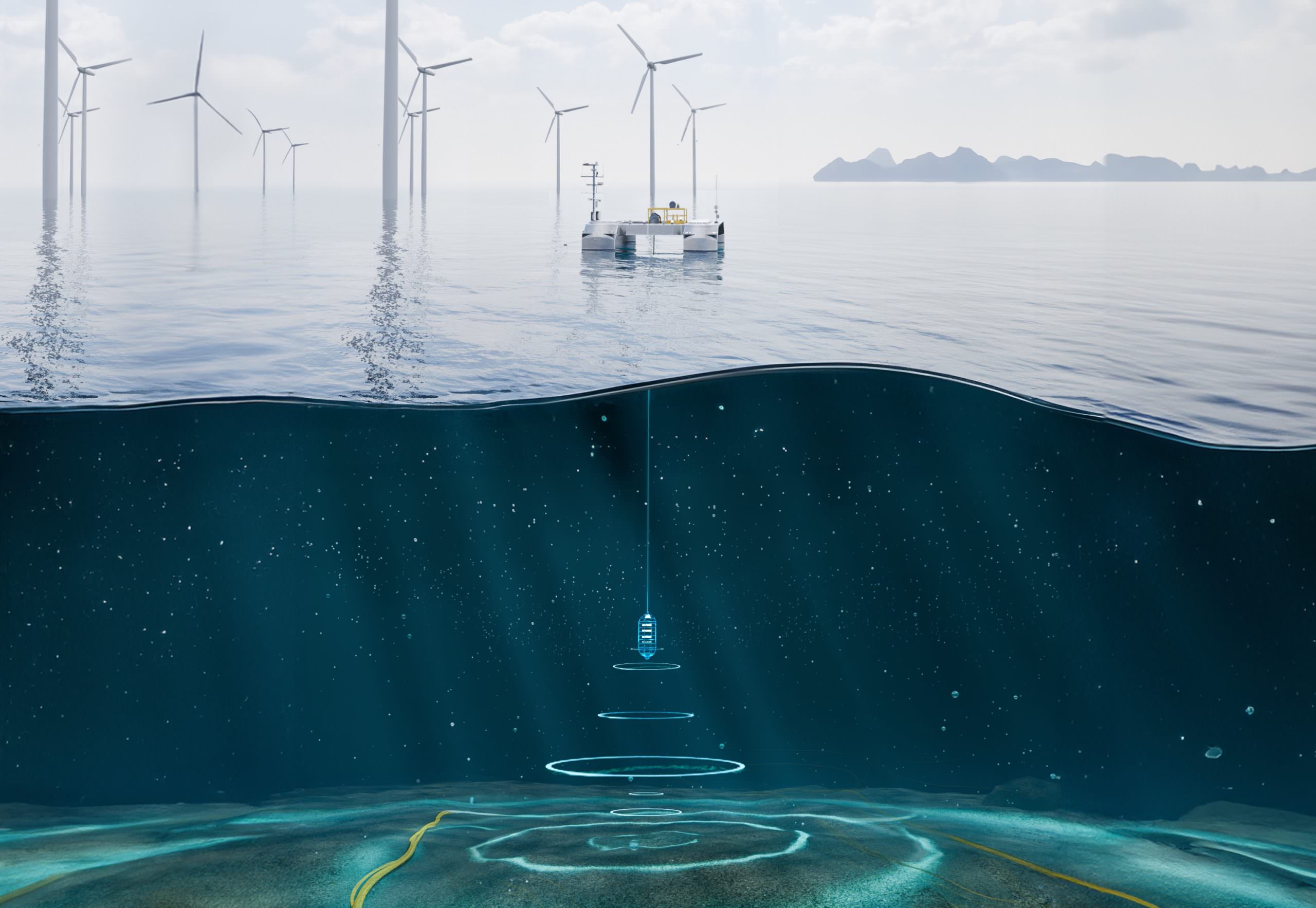Project ORACLES starts in UK

Robosys Automation, developer of autonomous shipping solutions, is leading Project ORACLES, an innovative venture which will transform the environmental consenting process for offshore wind farms (OWFs). The Project ORACLES consortium includes ACUAOcean, MSEIS, Plymouth Marine Laboratory (PML), and the Offshore Renewable Energy Catapult. Funding for Project ORACLES was secured through the UK Research and Innovation (UKRI)’s Innovate UK Launchpad programme, in line with the UK Government’s Levelling Up plan.
Currently the data collection process for environmental monitoring at proposed OWF sites is labour-intensive, with separate providers handling various aspects such as bird monitoring and sea conditions. Data is collected manually and analysed after it reaches shore, significantly slowing down the decision-making process.
Aiming to significantly reduce the approval timeline, Project ORACLES will address this by leveraging advanced marine robotics, advanced autonomous systems, and other digital ocean technologies, to streamline, improve, and accelerate this process, and help meet the UK’s target of 60GW of offshore wind capacity by 2030.
The project’s 14-month research phase will advance the use of clean maritime solutions, including ACUA’s Unmanned Survey Vessel (USV), which will be equipped with a range of environmental sensors (eDNA, ADCP, acoustics) to collect comprehensive, real-time data on marine life, water quality, and environmental changes.
The PROJECT ORACLES consortium will develop the dynamic positioning system (DPS) and a BVLOS (beyond visual line of sight) winch profiling system for water column data collection, and the integrate multiple sensors delivering a novel and highly effective output, together with automated ballasting.
Robosys Automation, already a trusted provider of marine autonomy systems and vessel control systems, will additionally deliver a new capability to operate multiple USVs being operated from a single Remote Operations Centre (ROC).
ACUA’s Pioneer USV boasts the endurance and power required for the demands of offshore data collection and meets the Maritime and Coastguard Agency’s (MCA) Workboat Code 3 (WBC3) for operating beyond port and closed water environments in the UK.
Through these technological advancements, Project ORACLES will enable the launch and recovery of multiple environmental sensor payloads which will facilitate comprehensive and cohesive datasets, improving the accuracy and efficiency of environmental assessments. Sensors such as eDNA, ADCP, and acoustics will allow for continuous monitoring of marine life, water quality, and environmental changes from one vessel.
? Nigel Lee, Project Lead and Robosys Automation’s CSO comments: “This ambitious project will revolutionise the environmental consenting process for offshore wind farms (OWFs) in the Celtic Sea and other areas across the UK. These technological innovations will reduce the need for crewed survey missions and accelerate data delivery, enabling a faster, more cost-effective consenting process.”
?? Source: Robosys Automation
Recent updates
Maritime Robotics and Eelume launches new mine hunting USV
Anduril Partners with HD Hyundai to Build Autonomous Warships
ORCAUBOAT's autonomous navigation system receives China Classification Society type approval
Lightfish USV completes fastest transatlantic crossing
Electric hydrofoil ferry with autonomous shipping technologies starts tests on the Trondheim Fjord
SeaBot Maritime and University of Plymouth Sign MoU to Advance Marine Autonomy Training
ROC + DOCK project demonstrates future of resident USV operations


